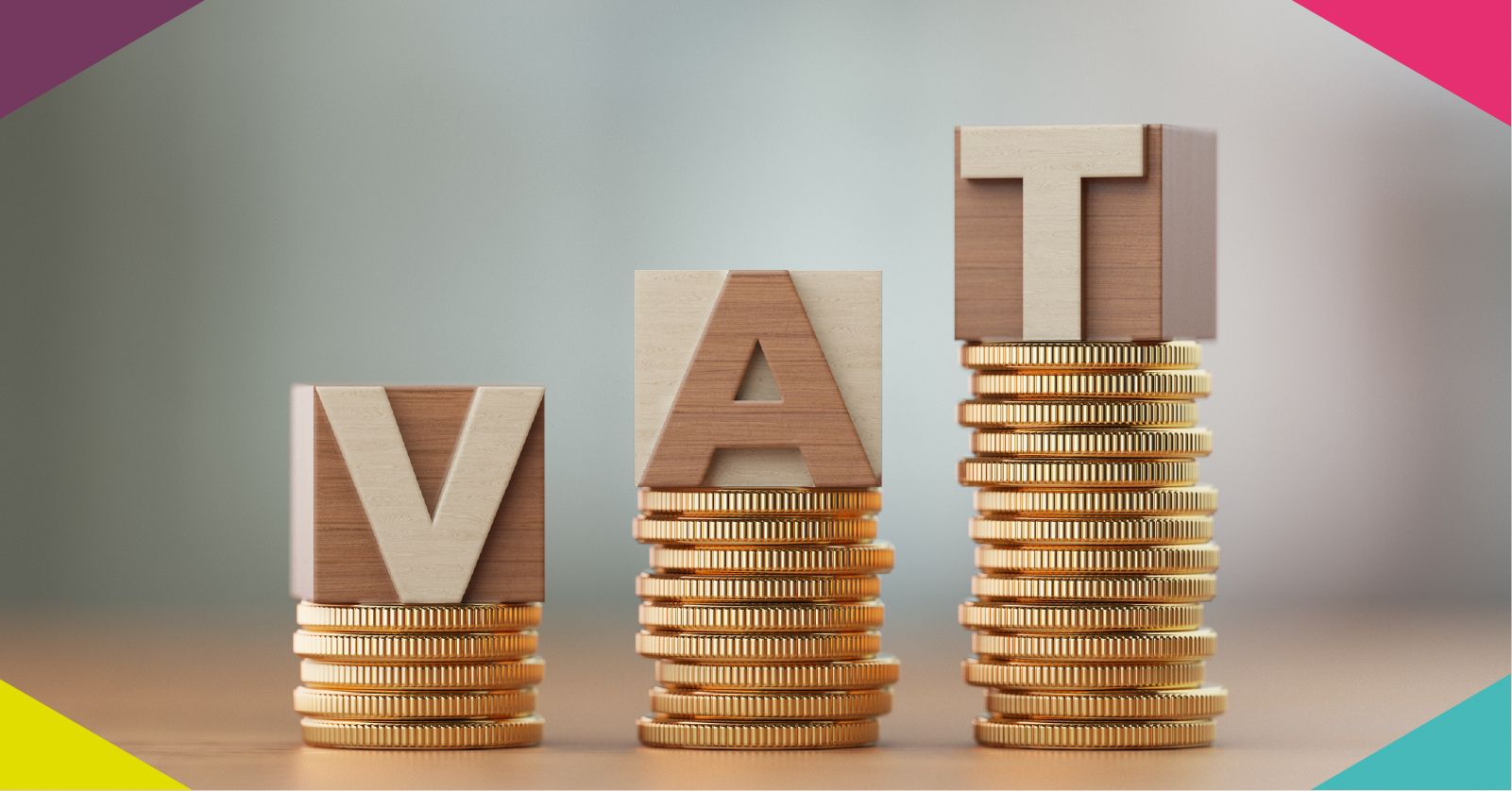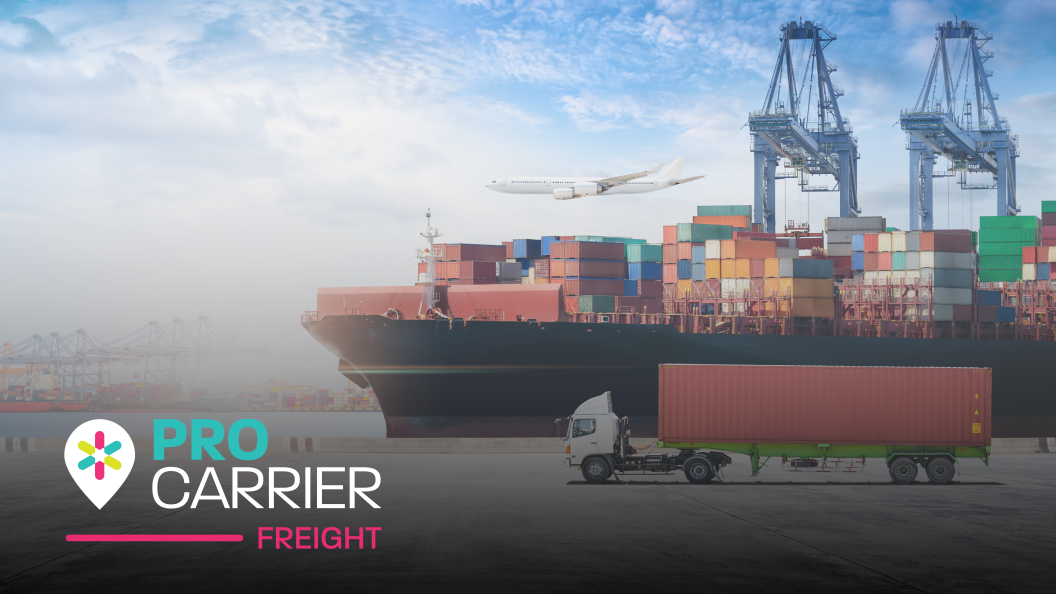Table of contents
- How to Calculate VAT & Duty on Goods that Have Been Imported From Outside the EU
- Import VAT Overview
- Customs Import Duty
- What Exactly Is Customs Duty?
- Common Questions Asked by Our Customers Include:
- Do I Pay Duties on Socks From China?
- How to Work out How Much VAT to Pay on an Item
- How is Beer Duty Calculated?
- Common VAT Rates for Different Countries:
- Do Freight Charges Have VAT
- How do You Actually Calculate Customs Import Duty in the UK?
- What is VAT and Why is it Crucial When Importing Goods?
- What is the VAT Rate Charged on Shipping Costs?
- Important Things to Remember About VAT in the UK:
- What is Excise Duty and How Does it Relate to VAT and Duty?
- How to Calculate Excise Duty
- What Will Happen if You Do Not Pay the Required VAT or Duty?
How to Calculate VAT & Duty on Goods that Have Been Imported From Outside the EU
VAT and Duty are essential in the freight industry and you may be familiar with them already but not necessarily for the reasons you may think. We receive a lot of questions on this topic, varying from when is VAT payable on to, how is it and what is applied to.
The following article will explore the ins and outs of VAT and Duty and provide a greater understanding on these charges and how to calculate them on goods that have been imported to the UK from outside the European Union.
You will find comprehensive definitions with accompanying examples to develop your understanding and help you find concise, relevant, and necessary information and detail all in this article.
Import VAT Overview
When importing goods and cargo from outside of the EU into the UK, there can be many varying charges that it can be easy to forget, or not know, which ones may apply to your organisation or shipment. There can be many related charges and expenses that derive from VAT for example, Customs Duty (also known as import duty/tax), as well as Excise Duty.
However, it is important to note, that Excise Duty is a specific charge only applicable to alcohol and tobacco and when you are importing goods that fall under this category you must apply excise duty as an additional charge.
Fortunately, these costs can all be calculated by any reputable freight forwarder or freight management company. Working with a reputable experienced partner offers a degree of security as they will securely organise payment for your shipments without any unnecessary delays.
Organising payment for VAT and customs duty is an essential part of the process when importing goods and cannot be legally avoided by anyone, entity or country.
If you fail to pay these charges or forget to apply them, then collecting your goods may prove to be a challenging task. Goods that have not been paid for can either be held by UK Customs at the destination port where you will incur additional charges in the form of holding fees or your goods can be returned to the sender or at worst destroyed. Both of these options will result in considerable additional costs being incurred.
Customs Import Duty
Customs duty rates are dependent upon two things: the type of goods being shipped, and the country of origin they are being imported from. Should you need to confirm the correct rate of duty the correct commodity code can be found through HMRC.
When Customs Duty rates are being calculated, there are two pieces of criteria that must be fulfilled:
Should you feel you may need to confirm the confirm the correct rate of duty, you can find the matching commodity code through your freight forwarder.
- The contents of the goods being shipped and
- The country of origin that they are being imported from
Reputable freight forwarders and shipping agents will be able to advise you on the correct commodity/ HS code, while handling the process, otherwise you can find information and guidance by contacting HMRC helpline.
Acquiring the correct commodity code will allow you to look up and calculate the cost of customs duty.
It must also be noted that Customs Import Duty is calculated as a percentage of the total value of the goods being shipped. This means that it includes packaging, shipping, and insurance alongside other factors.
What Exactly Is Customs Duty?
When goods have been sent from outside of the EU, and the value of the goods exceeds £135.00, they will incur what is known as Customs duty.
Other common names for this charge include Import Tax and Import Duty. This includes the total value of the goods including shipping, packaging, and any relevant insurances.
Common Questions Asked by Our Customers Include:
- Do I pay duties on socks from China
- How to work out how much vat to pay on an item
- How is beer duty calculated
- Do freight charges have VAT
- How is import duty calculated
Let’s help answer all of those questions in more detail…
Do I Pay Duties on Socks From China?
Put simply, yes, you would have to pay duties for this shipment as the country of origin, China, is outside of the EU.
How to Work out How Much VAT to Pay on an Item
An easy way to calculate VAT on your shipment is to add up the sum of the value of your goods, any freight costs, insurance, import duty, and any other costs applied. You will then need to know the VAT rate of the destination country and multiply your total by this rate. Doing this will ensure you end up with the amount VAT that you need to apply to your shipment and pay to Customs upon arrival.
How is Beer Duty Calculated?
Beers – (2.8% to 7.5% ABV): 19.08 pence per litre for each % of alcohol (e.g. one litre of 5% ABV beer = 19.08 pence x 5 = 95.40 pence beer duty.
Common VAT Rates for Different Countries:
- Australia: Their own equivalent to VAT is GST (Goods and Services Tax) at a 10% rate.
- China: Standard VAT rates vary from 13.9% and 6%
- Japan: Has a ‘Consumption Tax’ at a 10% rate
- UK: Follows standard 20% VAT rate
- USA: Important to note there is no VAT
These are examples, if you would like to change the countries go for it!
Do Freight Charges Have VAT
Whether you’re an ecommerce or brick and mortar retailer you are required to pay VAT on shipping charges. There are several compelling reasons for this.
Tax evasion would be easier if retailers were not required to charge VAT on delivery charges. You may, for example, reduce the price of the items on your invoice and instead charge extra for delivery charges.
That means you’ll pay the tax authorities less VAT, and you’ll be able to keep the shipping costs without paying sales tax. As a result, shipping charges are not VAT-free.
In the next section, find out how to calculate vat duty imported goods UK.
How do You Actually Calculate Customs Import Duty in the UK?
Imagine you need to import a shipment of office desks from a well-known Chinese supplier to the UK. The goods cost £24,000, and the shipping and insurance costs £15,000.
The value of the shipment is worth £39,000 which is far more than £135.00.
The goods cannot be considered gifts, so you’ll need to pay a specific import duty rate, specific to the country.
To find out how much you’ll need to pay, you’ll need to check the commodity code for office desks, and apply the import duty rate for that code – 2.0% in our example.
Tax will be due on the cost of the goods and shipping, which in this case is £39,000 (£24,000 + £15,000).
2.0% of £39,000 is £780 (39,000 x 0.045). Therefore, the goods, shipping, and import duty, you’ll pay £39,780 in total.
As it’s from outside the EU, you’ll also need to pay VAT on this amount which is 20.0%.
What is VAT and Why is it Crucial When Importing Goods?
Put simply it’s the total cost of importing goods to the UK, including the cost of the goods, shipping and packaging costs, duty payable and the cost of insurance.
However, it is only payable on goods valued at over £15.00. Crucially, one thing to note is that if you are importing goods that are gifts worth under £39.00 you will not be charged VAT.
These rules, however, do not apply to alcohol, tobacco and fragrance products, regardless of the value, they are still subject to VAT as mentioned in the Excise Duty.
What is the VAT Rate Charged on Shipping Costs?
There are three separate VAT rates now in effect which are: 0%, 5%, and 20%.
Select the VAT rate that applies to the sort of items you’re shipping when shipping them. Check the HM Revenue & Customs website or consult a reputable professional for a complete list of which things fall into which VAT category. Your freight forwarder should be able to advise accordingly.
Important Things to Remember About VAT in the UK:
Despite some exceptions, the usual VAT rates are 0%, 5% and 20.0% in the UK. There are some products that come at a reduced rate, and some that are completely exempt, find out here. We advise that you bear in mind that VAT is calculated as a percentage of the total value of the goods and everything related such as insurance and shipping etc.
What should you do if you are charged too much or decide to return your goods?
If you believe that you have been overcharged or would simply like to return the item for some reason, you are able to request a refund for the VAT or Customs Duty that you may have paid. However, to do so you will be required to fill out one of the following two forms:
– Form BOR 286 – this is only if the goods were delivered by Royal Mail or Parcelforce
– Form C285 – this is only if the goods were delivered by a courier or freight company
What is Excise Duty and How Does it Relate to VAT and Duty?
Excise Duty is similar to the VAT and Customs Duty as discussed above except this is only applied to alcohol and tobacco and energy.
If you are importing these from outside of the EU, from countries like the US you will need to include the additional cost of excise duty.
It should be noted that there are two other instances where your goods can be seized, if you are transporting spirits over 35 centilitres without a UK duty stamp, or cigarettes/ hand-rolling tobacco without UK health warnings or fiscal marks.
How to Calculate Excise Duty
The cost of excise duty can be complicated to calculate as it is entirely dependent upon the type of goods being shipped. It relies on the specific weight and volume of the goods being shipped, not its value unlike calculating other charges and duties.
You can find the full list of rates for each product on the UK government website, whilst the most common examples include:
- Beers – (2.8% to 7.5% ABV): 19.08 pence per litre for each % of alcohol (e.g. One litre of 5% ABV beer = 19.08 pence x 5 = 95.40 pence beer duty
- Spirits – £28.74 per litre of pure alcohol (e.g. One litre of 40% ABV vodka = 40% of £28.74 = £11.50 spirit duty)
- Cigarettes – 16.5% of the retail price, plus £4.34 on a packet of 20
- Cigars – £2.71 on a 10g cigar
What Will Happen if You Do Not Pay the Required VAT or Duty?
As stated above, if you do not pay VAT or Duty it may result in you paying significantly more in additional holding charges or losing out on the goods altogether.
It is highly recommended to pay the correct charges upfront.
One thing that can be done to help, is by using a shipping agent or reputable freight forwarder when importing, they will be able to assist you in calculating and paying the correct VAT and Duty charges.
This will save you time and the hassle of doing it yourself, resource as well as knowing that the procedure is being undertaken by professionals.
If you are you looking for a partnership that focuses on quality rather than quantity? Talk to someone direct.
Contact us to start the conversation.



